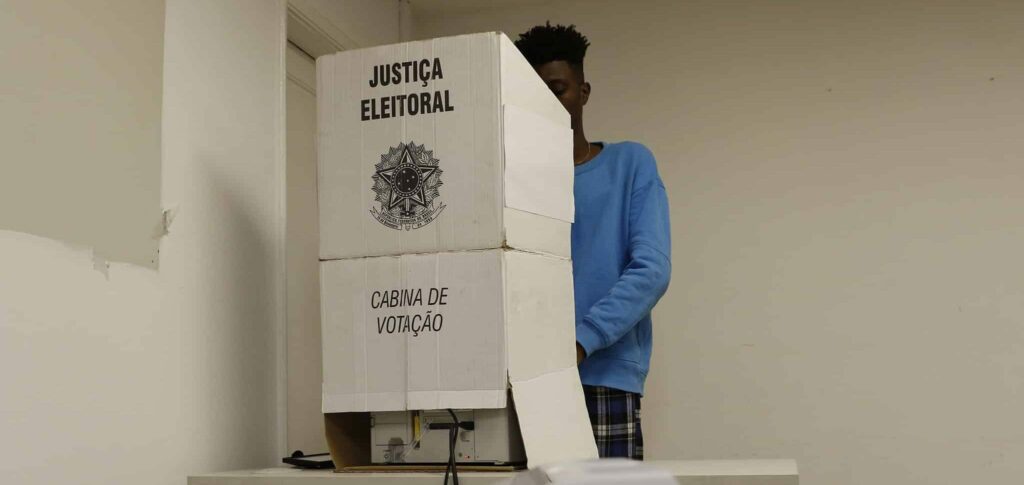A victory for former president Luiz Inácio Lula da Silva (PT), who is leading the polls ahead of President Jair Bolsonaro (PL), would represent a new shift to the left in the country and the return to power of the Workers' Party (PT).
ADVERTISING
But polls also point to the possibility of another big news for Sunday.
The PT has never won the government of the state of São Paulo, the country's major economic engine, but its candidate, Fernando Haddad, leads the polls.
The former mayor of the city of São Paulo, candidate defeated by Bolsonaro in the 2018 presidential race, leads the polls with 35% of voting intentions.
ADVERTISING
Next come Tarcísio de Freitas (26%), former Minister of Infrastructure in the Bolsonaro government, and current governor Rodrigo Garcia (18%), according to the Datafolha survey on Thursday (29).
The indices indicate that the dispute will only be defined in the second round, on October 30th.
Other electoral disputes
In addition to the president and vice-president of the Republic, the country will choose the governors of the 26 states and the Federal District, the 513 names of the Chamber of Deputies and one third of the Senate (27 of 81 seats), as well as the representatives of the state legislative assemblies. .
ADVERTISING
All terms are four years, with the exception of senators, who have an eight-year term.
Two-thirds of the candidates are men.
Forces in Parliament
The large number of political parties makes any attempt to control Congress difficult and the winner of the presidential election will need to negotiate, in particular with Centrão, an informal bloc of politicians on which a large part of governability in Brazil depends.
More than 10.000 candidates are seeking a seat in the Chamber of Deputies and 241 in the Senate.
ADVERTISING
More than 85% of federal deputies and 20 of the 27 governors are seeking re-election, with a high chance of victory, according to analysts.
And 13 senators are also seeking re-election.
Brazilian politics is marked by chronic fragmentation – 23 parties currently have representatives in Congress – but for the first time parties will be able to be grouped into federations, which must remain together for at least four years.
And this makes it even more difficult to predict the balance of forces from January 2023 onwards.
ADVERTISING
The left, with the PT at the head, could grow from 121 deputies currently to almost 150, while the Centrão and the Bolsonaristas will compete for the more conservative electorate.
“The Centrão and the Bolsonarist groups will enter into a fratricidal fight for the remaining vacancies,” wrote political scientist Ricardo de João Braga on the website Congresso em Foco.
Encouraging diversity
Of the more than 28.000 candidates, the majority define themselves as brown or black (50,3%), something unprecedented.
The growth was possibly driven by another novelty in this dispute: votes given to women and black people will count double for the distribution of Electoral Fund resources between parties, following an electoral law to encourage greater representation in Congress.
(With AFP)
Read also






